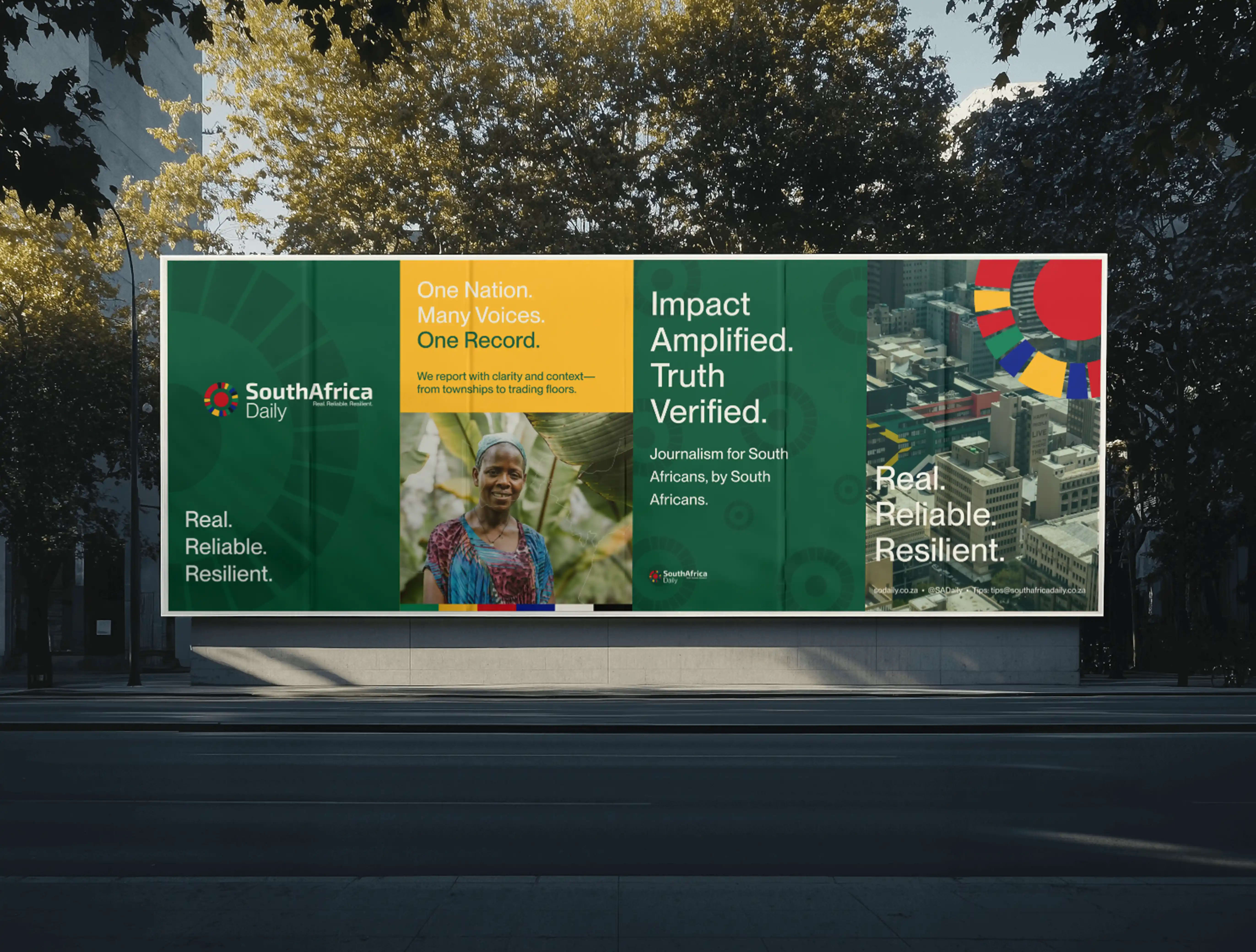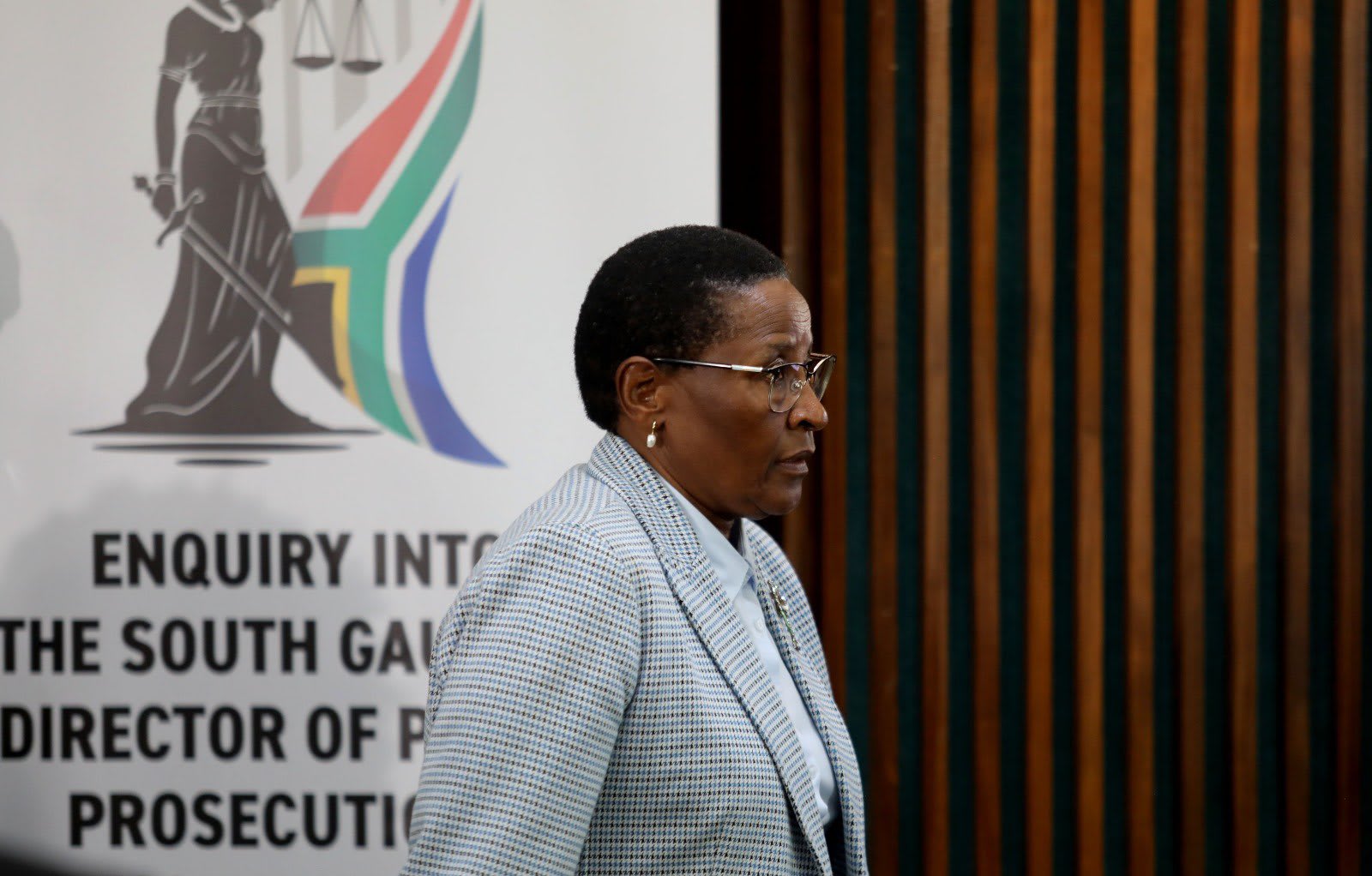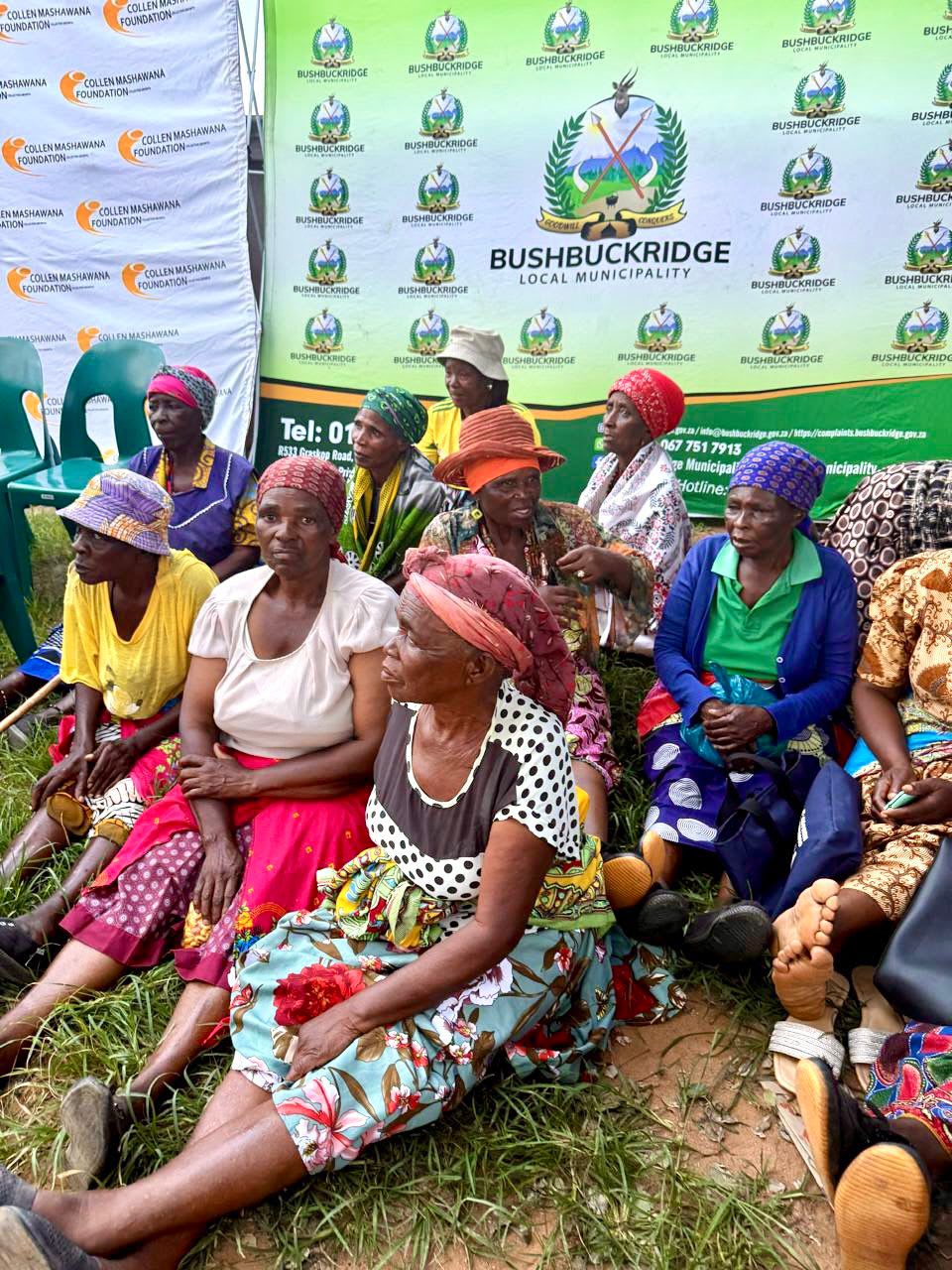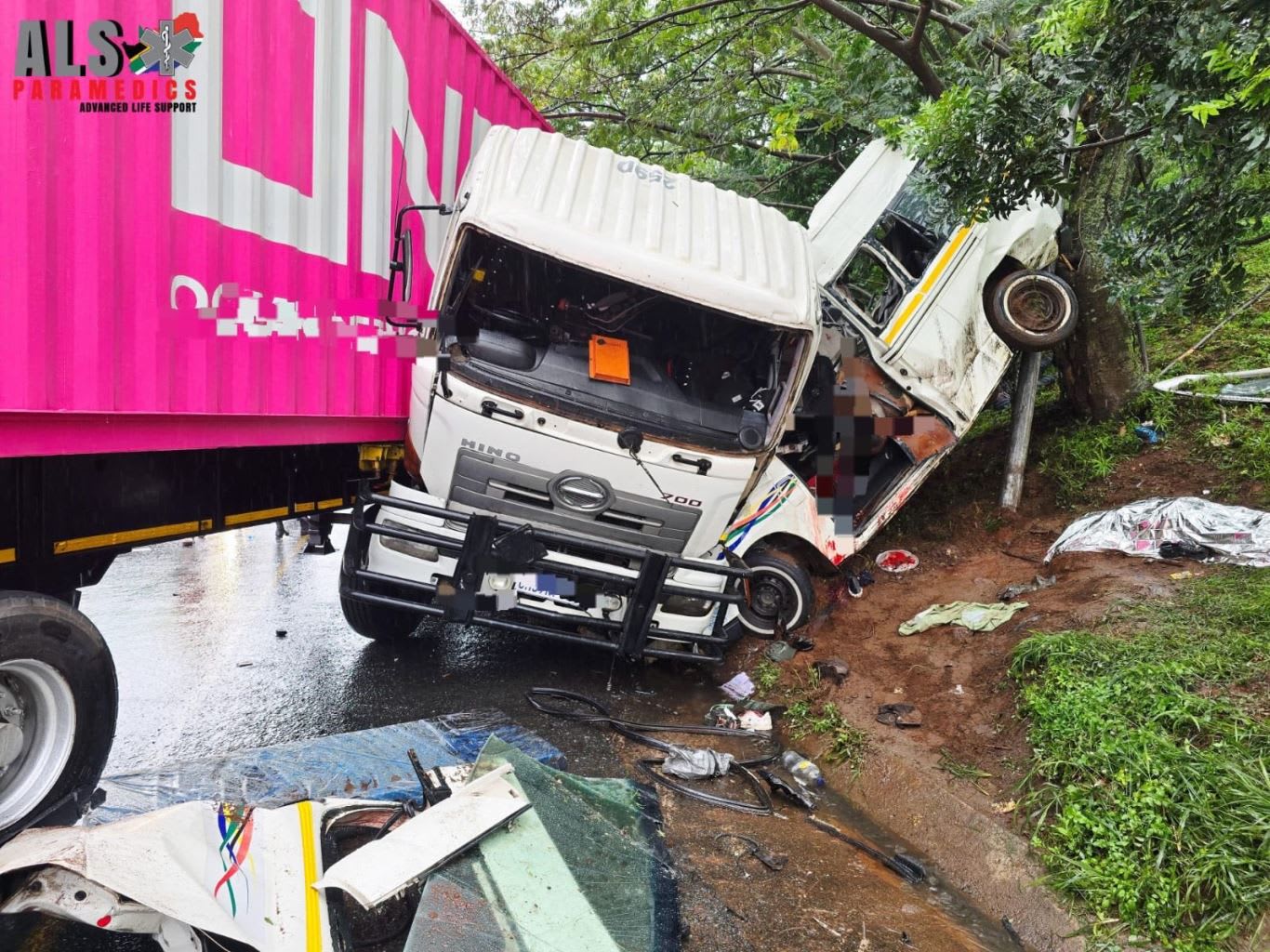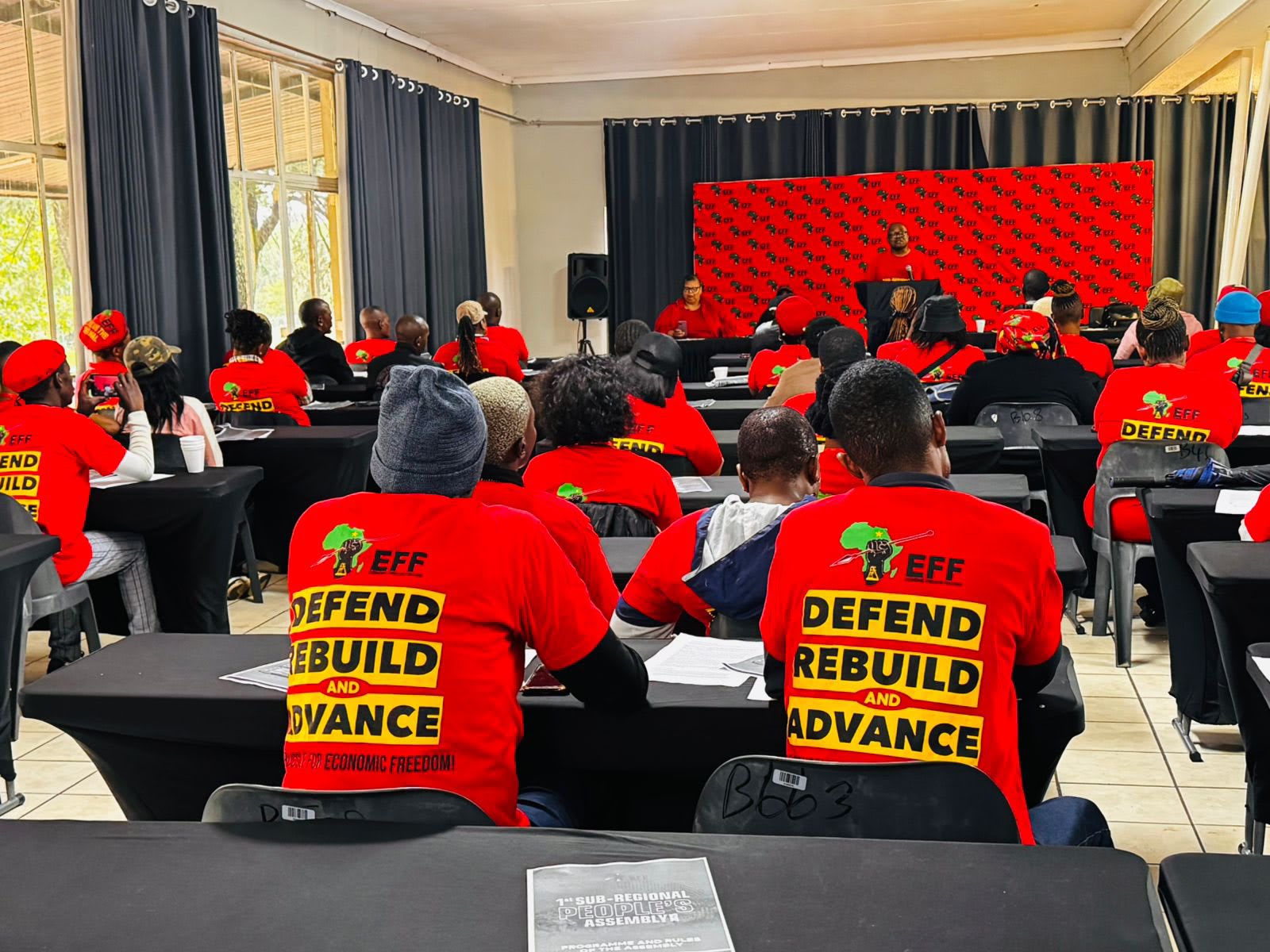SA Harvest introduces Greenhouse Programme to strengthen food security. Image: Supplied.
SA Harvest
1Min
South Africa
Nov 3, 2025
SA Harvest has launched a Greenhouse Programme, the initiative aims to transform food waste into food security by merging rescued produce, sustainable farming practices, and community training into a single scalable model.
SA Harvest has launched a Greenhouse Programme, the initiative aims to transform food waste into food security by merging rescued produce, sustainable farming practices, and community training into a single scalable model.
SA Harvest Chief Executive Officer Ozzy Nel said: “We already have enough food to feed our nation. The challenge lies in the systems, how we move, store, and preserve food efficiently and equitably. The Greenhouse Programme demonstrates that food waste and hunger are two sides of the same solvable problem.”
The first phase of the Greenhouse Programme was launched with help from community organisations and farming partners in Gauteng and KwaZulu-Natal. It focuses on growing healthy, high-yield vegetables using rescued compost and hydroponic technology. The project also helps create jobs, cuts methane emissions from landfills, and supports local food systems.
Nel said SA Harvest operates as a logistics and technology company with a social purpose, delivering surplus food from farms, manufacturers, and retailers to more than 250 beneficiary organisations nationwide.
Since its inception in 2019, the organisation has rescued over 60 million kilograms of food, preventing approximately 180 million kilograms of CO₂-equivalent emissions. The Greenhouse Programme now extends this system one step further — by producing food sustainably, not only redistributing it.
“Our goal is to build long-term food resilience. When communities can grow, preserve, and redistribute food themselves, you begin to break the cycle of dependency and create true food sovereignty,” said Nel.
SA Harvest’s approach reframes donor engagement, contributions are treated as investments in national food infrastructure, not handouts. Corporates, logistics companies, and individual partners were invited to co-fund greenhouses, cold-chain vehicles, and storage facilities to expand the model’s reach.
Nel said partnerships were already under discussion with leading FMCG retailers and sustainability-focused investors, with the next project phase set for rollout in early 2026.

